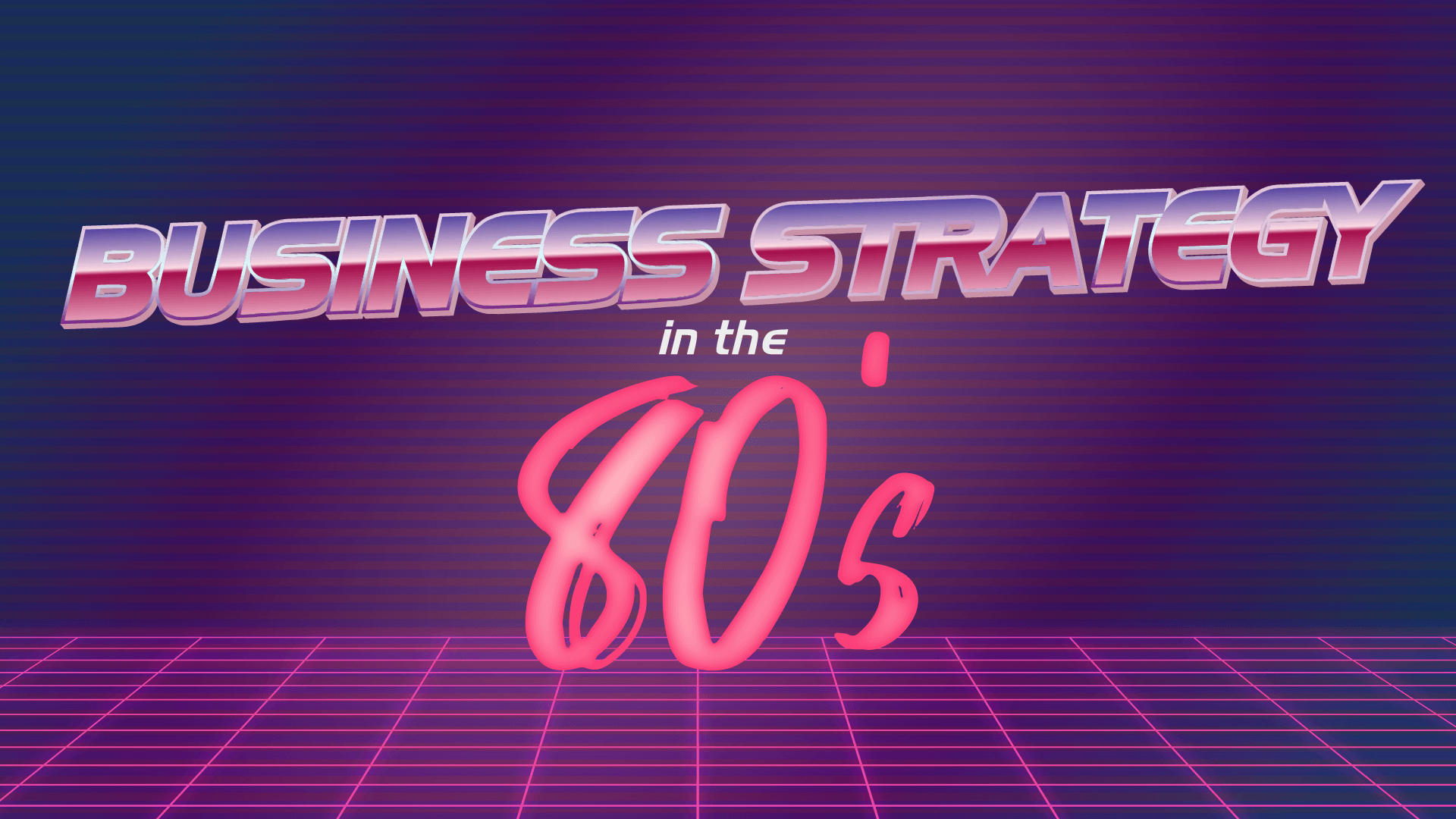Corporate Culture of the 1980’s Even More Crucial For Business Today
The Emergence of Corporate Culture
I know the eighties! Perhaps not from a business perspective, but I am a product of the eighties. Big hair, baggy pants, pointy shoes and new romantic pop. It was also an important decade for technology. IBM coined the term “PC” and the 5150 Personal Computer went mainstream, featuring dual floppy drives, green screen and 16K of RAM! It was only 40 years earlier that the then CEO and Chairman of IBM, Thomas Watson, predicted, “I think there is a world market for maybe five computers“, (per room maybe Thomas). In business the hot idea, was corporate culture. It was essential that businesses had a culture, defined their culture, and that everyone knew about it.
The impact of Culture on Strategic Execution
But does an increased sense of culture facilitate creativity, innovation and improved strategic performance? Culture is, in many ways, the corporate glue that binds the organization. The outcome benefits can be grouped in terms of both performance (individual and team), and the wellbeing of people as individuals and collectively. Culture is at its essence the learned and taught conscious and unconscious assumptions of how people in a team interrelate. Staff with a stronger sense of corporate citizenship and identity are more likely to be retained for longer. It will also reinforce a stronger sense of accountability and a sense of task ownership. It should drive greater strategic execution performance.
What is a Strategic Corporate Culture?
It may not be a conscious act, but the actions of people will be fueled by their behavior and the way their wider team behaves. Organizations who have recognized the value of a strategic organizational culture, have realized that although somewhat intangible, it is an enabler of improved collaboration and teamwork and has the potential to drive improved strategic outcomes, greater creativity and performance.
The Failure of Economistic Cultural Behavior
However the vast majority of businesses 30 years ago (and many today) are still primarily ‘economistic’, described as having a purely transactional business model. Meaning that they are linear, mechanistic, top-down (and not bottom-up), and without interpersonal interaction. They adopt only strategies to acquire and defend (2-drive cultures) and will try to exert control over people, the environment and (if they can) the Government.
Culture as Shared Values
But culture can act as a ‘soft system’ for enterprise control in the strategic plan, at StrategyBlocks we call them Focus Areas. They can be stated without becoming a formal defined set of governance rules and strategic objectives. When communicated, people feel a sense of commitment to perform and exceed expectations, as this sense of shared values is interwoven into the fabric of the business. Shared values are not something conveniently measured by a quantified performance metric, it is just part of a desire to do well and go the extra mile. It flows into the way we act as a team.
Next month the 90’s and “self-managed work teams”.




Leave A Comment